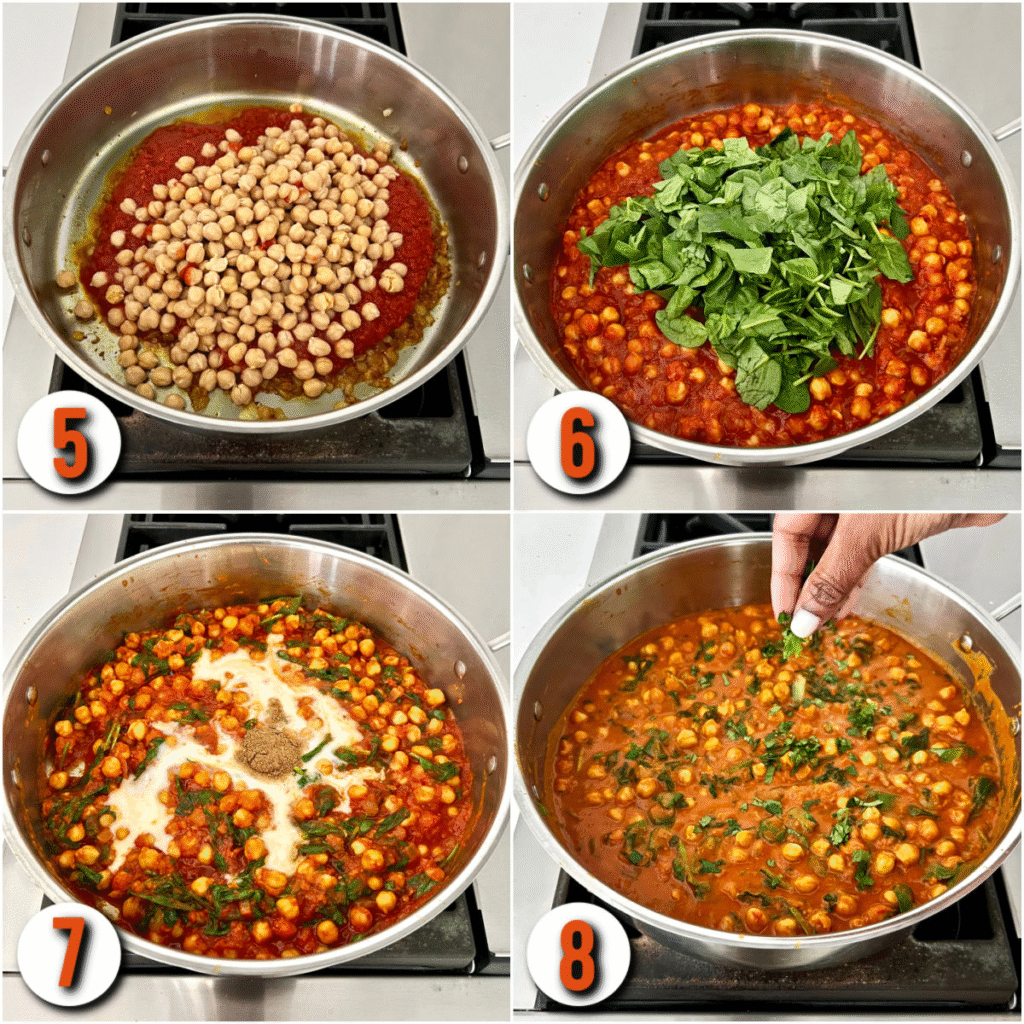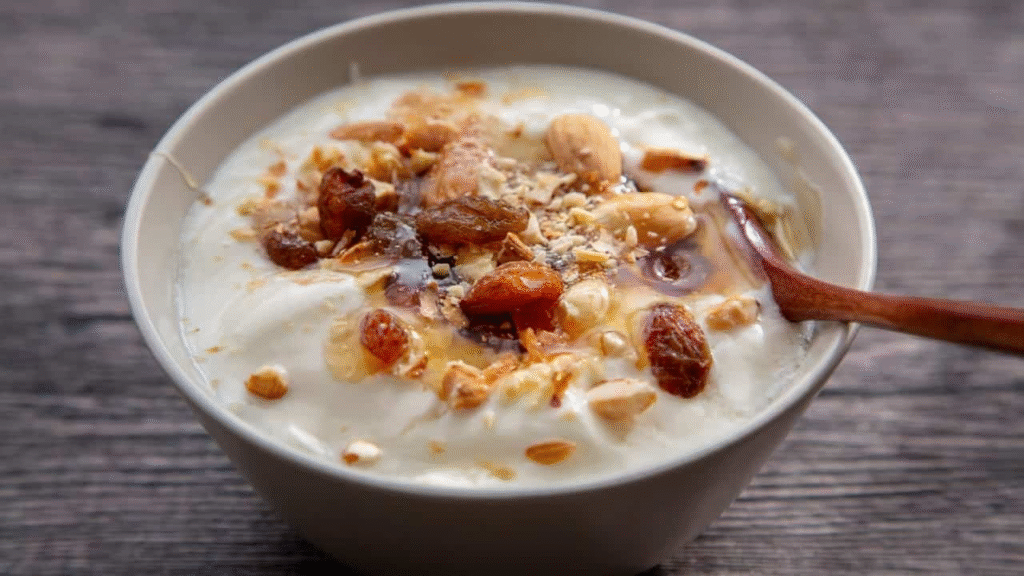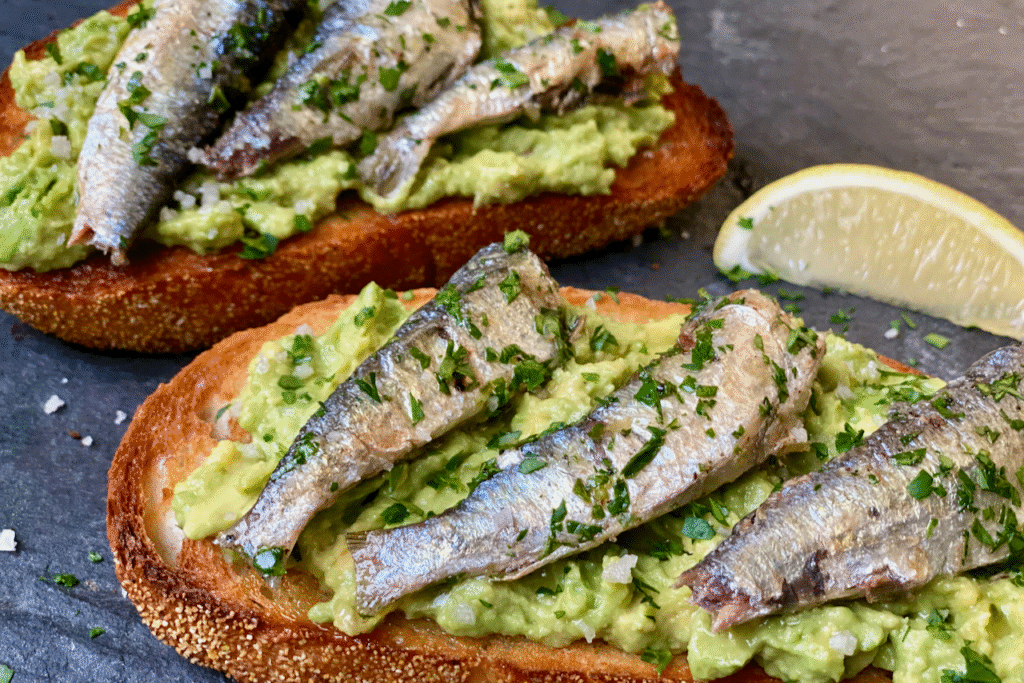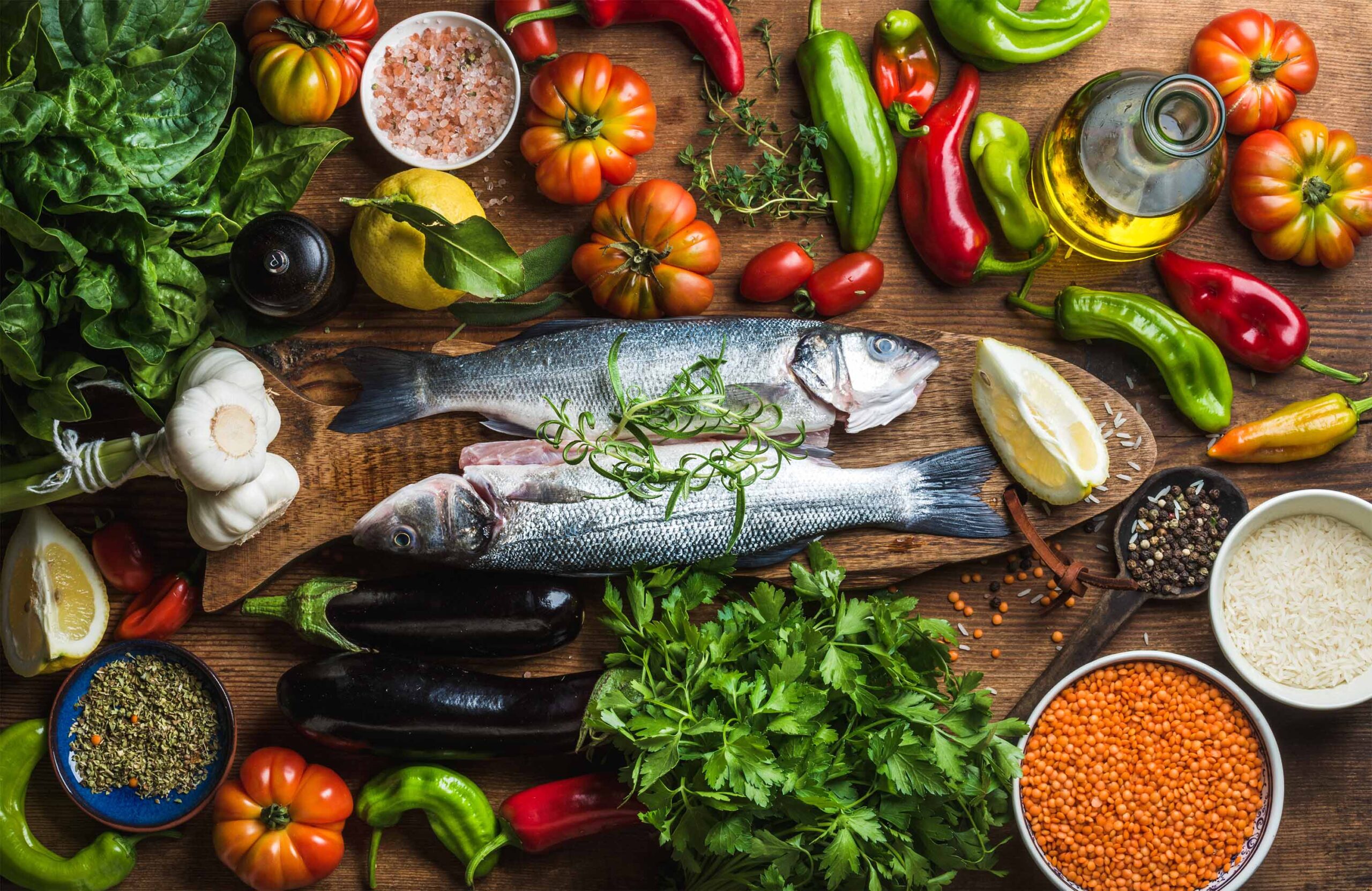
The Mediterranean diet isn’t just about eating well—it’s about living longer, thinking sharper, and feeling energized. Backed by decades of research, this way of eating is linked to reduced risk of Alzheimer’s, heart disease, and chronic inflammation, while promoting longevity and mental clarity.
But what exactly should you eat to maximize these benefits? Below, we’ve curated 5 powerhouse Mediterranean meals packed with brain-boosting omega-3s, antioxidants, and healthy fats—complete with easy recipes and science-backed benefits.
Why the Mediterranean Diet Works for Brain & Longevity
Before diving into recipes, let’s break down why this diet is a game-changer:
✅ Rich in Omega-3s (fatty fish, walnuts) – Supports memory and cognitive function.
✅ Packed with Antioxidants (berries, leafy greens, olive oil) – Fights brain aging & inflammation.
✅ High in Polyphenols (dark chocolate, red wine in moderation) – Enhances mood and focus.
✅ Balanced Blood Sugar (whole grains, legumes) – Prevents energy crashes & brain fog.
Now, let’s get cooking!
Salmon with Lemon, Garlic & Herbs (Omega-3 Powerhouse)

Why it’s great for your brain: Wild salmon is loaded with DHA, a fatty acid crucial for neuronal health and memory retention.
Ingredients (Serves 2)
- 2 wild-caught salmon fillets
- 2 tbsp extra virgin olive oil
- 3 garlic cloves, minced
- 1 lemon (zested + juiced)
- 1 tsp dried oregano (or fresh rosemary)
- Salt & black pepper to taste
- Handful of fresh parsley
Directions
- Preheat oven to 400°F (200°C).
- Place salmon on a baking sheet, drizzle with olive oil, and rub with garlic, lemon zest, oregano, salt, and pepper.
- Bake for 12-15 mins until flaky.
- Squeeze fresh lemon juice & garnish with parsley.
Serve with: Roasted asparagus & quinoa for a complete brain-boosting meal.
Mediterranean Chickpea & Spinach Stew (Fiber + Antioxidant Boost)

Why it’s great for longevity: Chickpeas provide plant-based protein & fiber, while spinach delivers folate and vitamin K for cognitive health.
Ingredients (Serves 4)
- 2 cans chickpeas, drained
- 3 cups fresh spinach
- 1 onion, diced
- 3 garlic cloves, minced
- 1 can diced tomatoes
- 1 tsp cumin
- 1 tsp paprika
- 2 tbsp olive oil
- ½ cup vegetable broth
Directions
- Sauté onion & garlic in olive oil until soft.
- Add cumin, paprika, tomatoes, chickpeas, and broth. Simmer 10 mins.
- Stir in spinach until wilted.
- Drizzle with extra olive oil before serving.
Perfect with: Whole-grain bread for a hearty, anti-inflammatory meal.
Greek Yogurt with Walnuts & Honey (Gut-Brain Connection)

Why it’s great for vitality: Probiotics in yogurt support gut health, which is directly linked to mood and mental clarity. Walnuts add omega-3s and crunch.
Ingredients (Serves 1)
- 1 cup Greek yogurt (unsweetened)
- 1 tbsp raw honey
- ¼ cup walnuts, chopped
- ½ tsp cinnamon
- Fresh berries (optional)
Directions
- Layer yogurt in a bowl.
- Top with walnuts, honey, cinnamon, and berries.
- Enjoy as a quick breakfast or post-workout snack!
Sardine Toast with Avocado (Quick & Nutrient-Dense)

Why it’s great for brain health: Sardines are one of the highest natural sources of omega-3s—even more than salmon!
Ingredients (Serves 1)
- 1 slice whole-grain sourdough
- ½ avocado, mashed
- 1 can sardines in olive oil
- Red pepper flakes
- Lemon wedge
Directions
- Toast bread until crispy.
- Spread avocado, top with sardines.
- Sprinkle red pepper flakes & a squeeze of lemon.
Ideal for: A high-protein, no-cook lunch that fuels focus.
Dark Chocolate & Almond-Stuffed Dates (Healthy Dessert)

Why it’s great for cognition: Dark chocolate (70%+ cocoa) contains flavonoids that boost blood flow to the brain.
Ingredients (Makes 6)
- 6 Medjool dates, pitted
- 2 tbsp almond butter
- 1 oz dark chocolate, melted
- Sea salt flakes
Directions
- Stuff dates with almond butter.
- Drizzle melted chocolate & sprinkle sea salt.
- Chill 10 mins before enjoy
Conclusion
The Mediterranean diet isn’t a temporary fix—it’s a lifelong approach to eating for energy, clarity, and longevity. By incorporating these meals regularly, you’re not just feeding your body; you’re protecting your brain and adding vibrant years to your life.
Which recipe will you try first? Let us know in the comments!
Frequently Asked Questions (FAQs) About the Mediterranean Diet
1. Are there any specific foods to avoid on the Mediterranean diet?
Absolutely! While the Mediterranean diet is all about balance, there are a few things you’ll want to cut back on. Think processed foods (like chips, frozen meals, and sugary snacks), refined grains (white bread, pastries), and excessive red meat. Sugary sodas and artificial sweets are also big no-nos—opt for natural treats instead. It’s not about strict deprivation, just smarter swaps!
2. How often should I eat fish on the Mediterranean diet?
Fish is a superstar in this diet! Aim for at least two servings per week, especially fatty fish like salmon, sardines, or mackerel—they’re packed with heart-healthy omega-3s. If you’re not a seafood lover, start small (maybe grilled shrimp or mild white fish) and work your way up. Canned tuna (in water) is a great budget-friendly option too!
3. Can I still enjoy dessert while following the Mediterranean diet?
Of course! The Mediterranean way isn’t about banning sweets—it’s about enjoying them mindfully. Skip the processed cakes and reach for fresh fruit with honey and nuts, dark chocolate (70%+ cocoa), or yogurt with berries. Even a small piece of baklava (a Mediterranean favorite) is fine occasionally—just savor it slowly!
4. What are some healthy snack options that fit into the Mediterranean diet?
Snacking the Mediterranean way is delicious and nutritious! Try:
- Hummus with cucumber or carrot sticks
- A handful of olives and almonds
- Whole-grain toast with avocado & cherry tomatoes
- Greek yogurt with a drizzle of olive oil and za’atar
No sad, packaged snacks here—just real, flavorful bites!
5. How can I make the transition to the Mediterranean diet easier?
Start slow to make it stick! Week 1: Swap butter for olive oil. Week 2: Add one meatless meal (like lentil soup). Week 3: Try a new fish recipe. Small wins build habits! Stock your pantry with staples like whole grains, nuts, and herbs—convenience is key. And remember, it’s not “all or nothing.” Even a few Mediterranean-style meals per week make a difference!
Hungry for more tips? The Mediterranean diet is flexible, flavorful, and full of life—no rigid rules, just joyful eating. 🍅🐟✨
#MediterraneanDiet #HealthyEating #NutritionTips #RealFood #WellnessJourney

